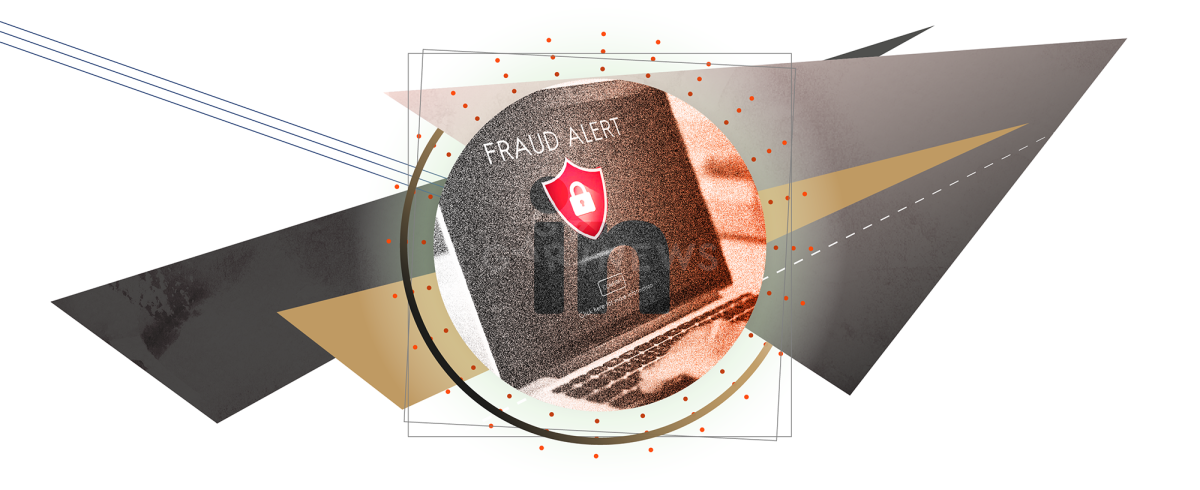FBI: Crypto scammers are undermining LinkedIn’s reputation

Many users registered on LinkedIn are facing crypto scams. FBI special agent Sean Ragan reported this to the CNBC channel.
It’s a significant threat. This type of fraudulent activity is significant, and there are many potential victims, and there are many past and current victims.
Ragan said.
According to the special agent, the attackers register on LinkedIn and, by establishing credibility among users, offer them to invest in cryptocurrency for guaranteed profits.
How do crypto scammers operate on the platform?
Sean Ragan. Source: https://www.cnbc.com/
The schema by which violators act is quite simple and effective at the same time. They create fake profiles and start chatting with other platform users, pretending to be professionals. As communication is established, scammers inform victims about the opportunity to make money by investing in cryptocurrency.
Given LinkedIn users’ specifics and wariness, the first step is a legal crypto investment platform with a good reputation. As the level of trust of the victim increases, the scammer proposes to transfer assets to a resource under his control, where an unauthorized write-off occurs.
Ragan notes that criminals “always think of different ways to victimize people and companies. And they spend their time doing their homework, defining their goals and strategies, as well as their tools and tactics.”
The FBI reports an increase in such financial crimes, while the prevalence of longer-term romantic scams in which the attackers make the victims fall in love with them and force them to give their savings away is decreasing.
To date, many users who have lost large sums because of LinkedIn scams have appealed to law enforcement. A separate group was created for victims who suffered because of the actions of fraudsters on the platform. They meet regularly on ZOOM with the guarantee of complete confidentiality. The losses of the victims range from 200 thousand to 1.6 million dollars.
Sean Ragan emphasizes that the network users are not to blame for what happened. “It’s the perpetrator’s fault. It’s the criminal’s fault. They spend their nights and days thinking about ways to victimize and defraud people. That’s how they make their money through illicit gains. And the people that fall victim to it, they’re victims”.
LinkedIn warning
Last week, in a blog, the social network LinkedIn warned of the increased activity of crypto scammers. Oscar Rodriguez stated that fraudulent activities are strictly prohibited according to the network’s policy. “96% of detected fake accounts and 99.1% of spam and scams are caught and removed by our automated defenses. We also collaborate with peer companies, policymakers, law enforcement, and government agencies, in efforts to keep you safe”.
LinkedIn representatives are calling for help in the fight against crypto fraud by reporting dubious content or participants who request personal data, information about financial assets, or any other confidential information.
The content on The Coinomist is for informational purposes only and should not be interpreted as financial advice. While we strive to provide accurate and up-to-date information, we do not guarantee the accuracy, completeness, or reliability of any content. Neither we accept liability for any errors or omissions in the information provided or for any financial losses incurred as a result of relying on this information. Actions based on this content are at your own risk. Always do your own research and consult a professional. See our Terms, Privacy Policy, and Disclaimers for more details.


























